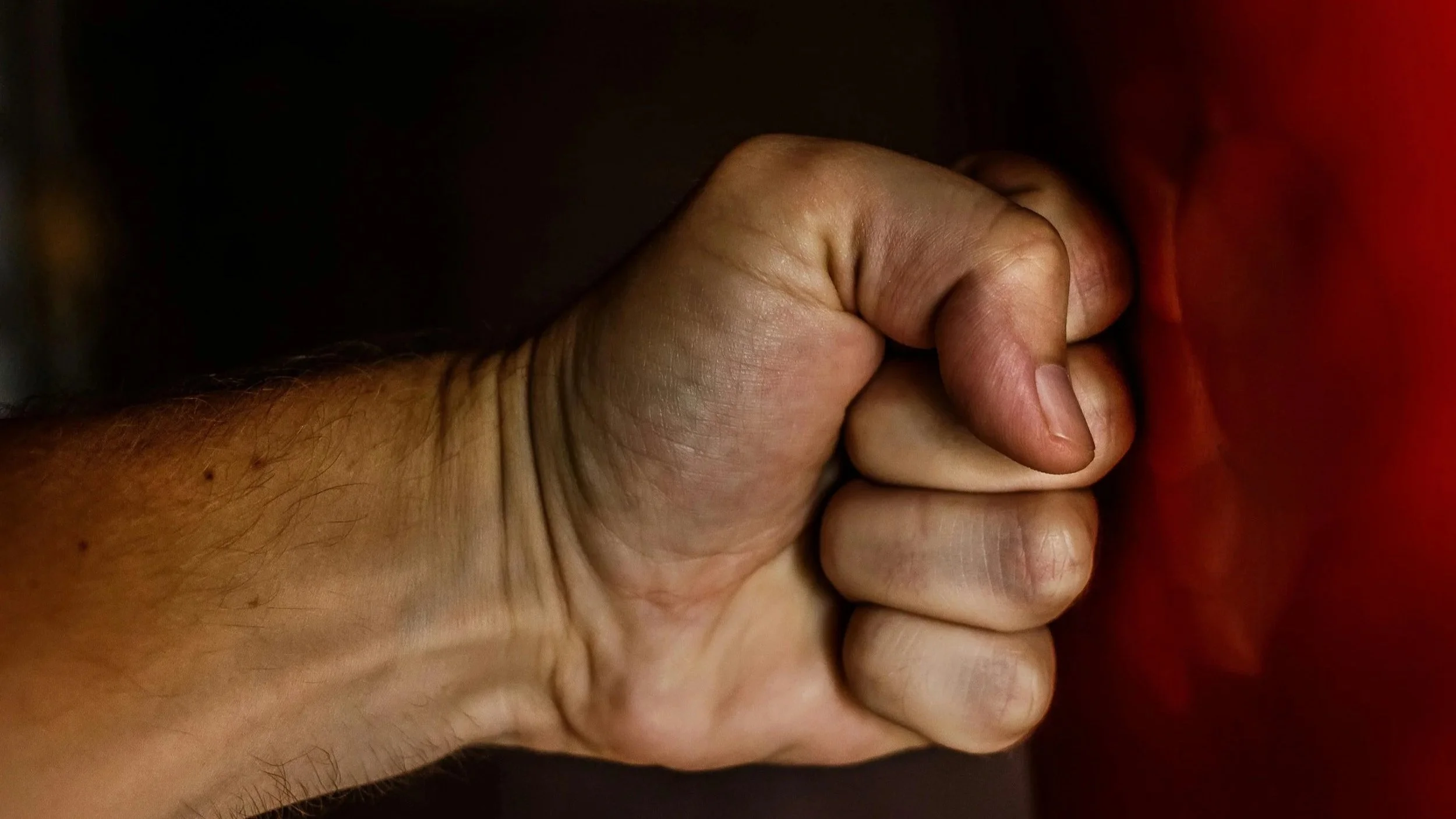BLOG

I Survived the Trauma—Now What Do I Do About My Inner Bully?
Do you ever feel a wave of shame after speaking up? Are you afraid you’ll be punished for expressing your needs or making a mistake? Do you still hear words like “difficult,” “bad,” “stupid,” or “brat” echo in your mind—long after childhood? Maybe you avoid conflict, people-please to keep the peace, or physically shrink in the presence of your boss or angry people.
These may be the lasting effects of abusive relationships. Many survivors internalize the messages of their past, and long after the abuse ends, they continue to turn that judgment inward. I call this the inner bully.

When Procrastination Is Trauma: A New Lens on Avoidance
Procrastination is often dismissed as laziness, lack of discipline, or a bad habit. But for many trauma survivors, it’s one of the most chronic, shame-filled, and debilitating struggles they face every day.
It can feel irrational, self-defeating, even humiliating. Clinicians sometimes minimize it too, treating it as a simple behavioral issue rather than a complex, protective, and adaptive strategy rooted in the past.
The word itself comes from the Latin procrastinare, meaning “to postpone until tomorrow.” Popular self-help literature from the 1970s and 1980s framed procrastination as a moral failure, a sign of laziness or lack of productivity. But what if we understood it through a trauma-informed lens?
